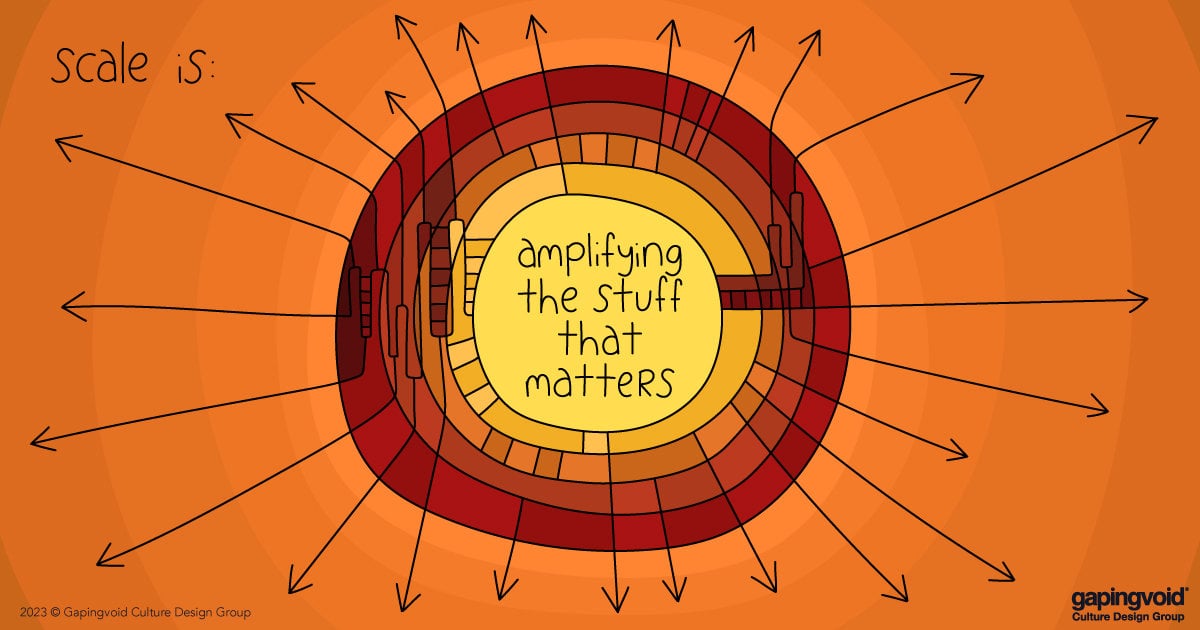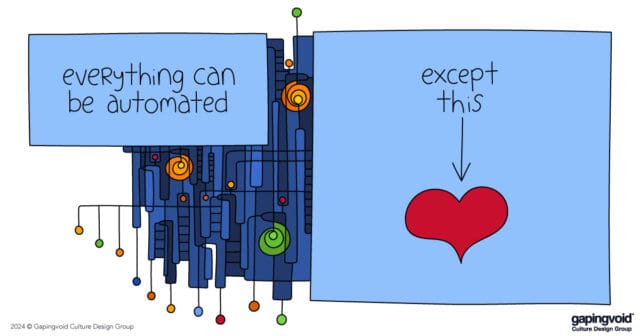
Smoked Brisket tastes better in Texas. Bagels taste better in New York. Haggis tastes better in Scotland. Coffee tastes better in Santo Domingo.
Yes, a lot of it is psychological, but we already knew that. Research has demonstrated over and over that context matters. An expensive bottle of wine tastes subjectively better than a cheaper bottle, even if the objective liquid inside the bottle is identical.
Carolina barbecue tastes better if we had to drive out 80 miles to the sticks to some legendary old-timey shack than if we just got it somewhere near the office in downtown Raleigh. Plus, the narrative itself adds to the experience, hence the aforementioned 80-mile drive. Something to talk about later makes us like the food more in the here and now.
In other words, food culture is hard to export. But it does happen. New York now has a blossoming Texas barbecue scene. World-class sushi exists outside Japan. Michelin-starred French restaurants exist outside of France. An 18-year old single malt Scotch tastes just as good in New York Grand Central’s “Campbell” bar as any Scottish castle.
And it’s not just food. ALL culture has the same problem- organizational culture probably being the toughest export of all. That amazing culture at HQ in SF will be hard to recreate in the office in Paris.
But it does happen. Which is what allows us to have such successful multinational companies like Microsoft, Airbus, and Apple.
How? Because somewhere along the line, whether we’re talking food, organizational culture or some other part of human endeavor, someone had the grit to dutifully recreate the original recipe. We use “recipe” lightly. As British chef Marco Pierre White said, “cooking is a philosophy; it’s not a recipe.” The people who’ve scaled well, understood deeply the important parts of the experience, the reality, and through love, attention, and dedication, recreated the soul of the original.
Of course it’s difficult, and most people would rather not bother, but knowing that “Culture doesn’t scale” (at least, not without a great deal of time, care, and effort) liberates us from wasting time coming up with boilerplate (e.g. cloning ‘values and behaviors’ is a complete waste of time). Shortcut solutions to culture problems invariably never work. If we accept this, we’re more willing to undertake the hard, slow, unique labor that’s actually required.



